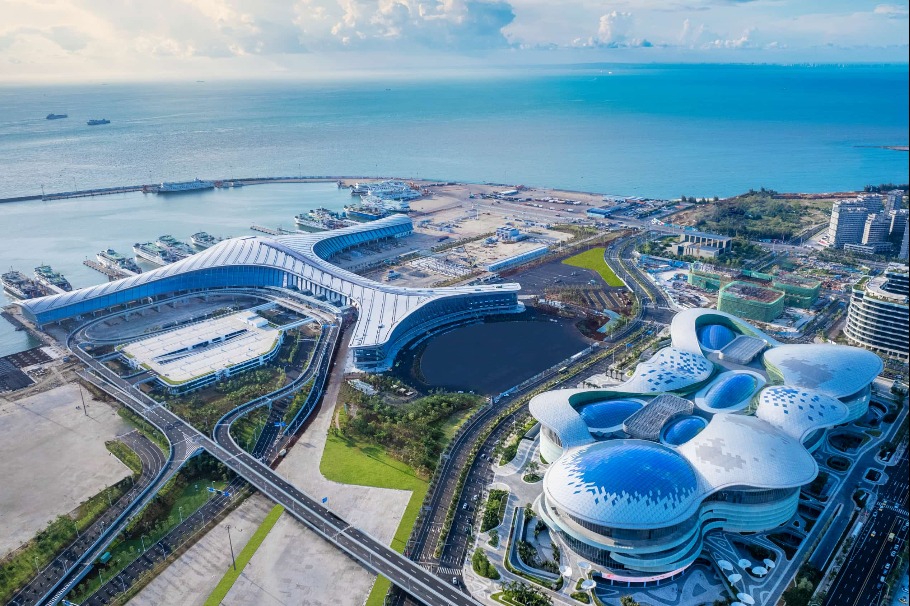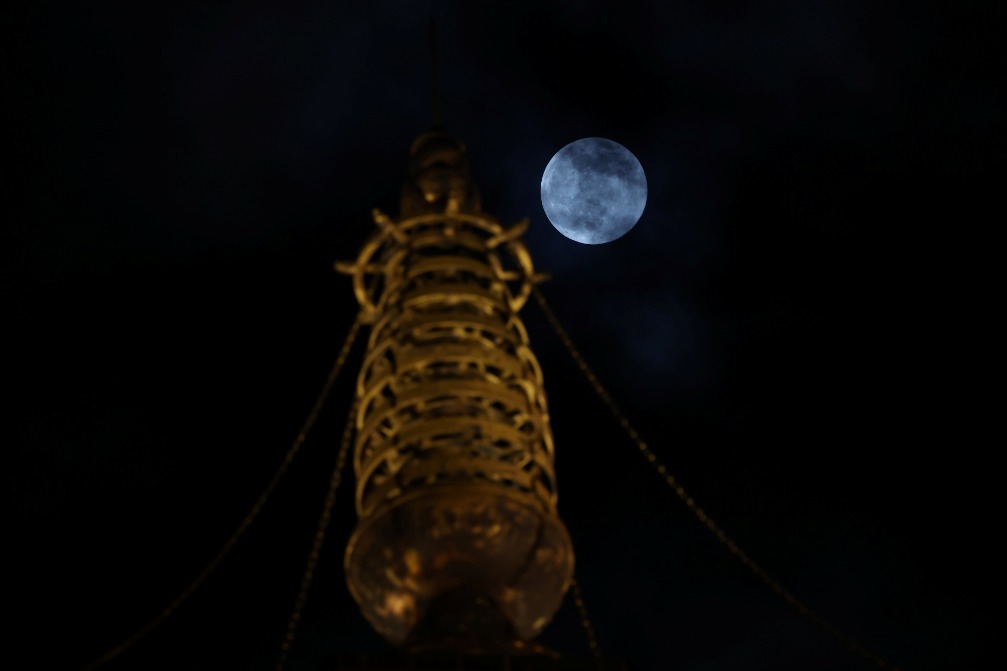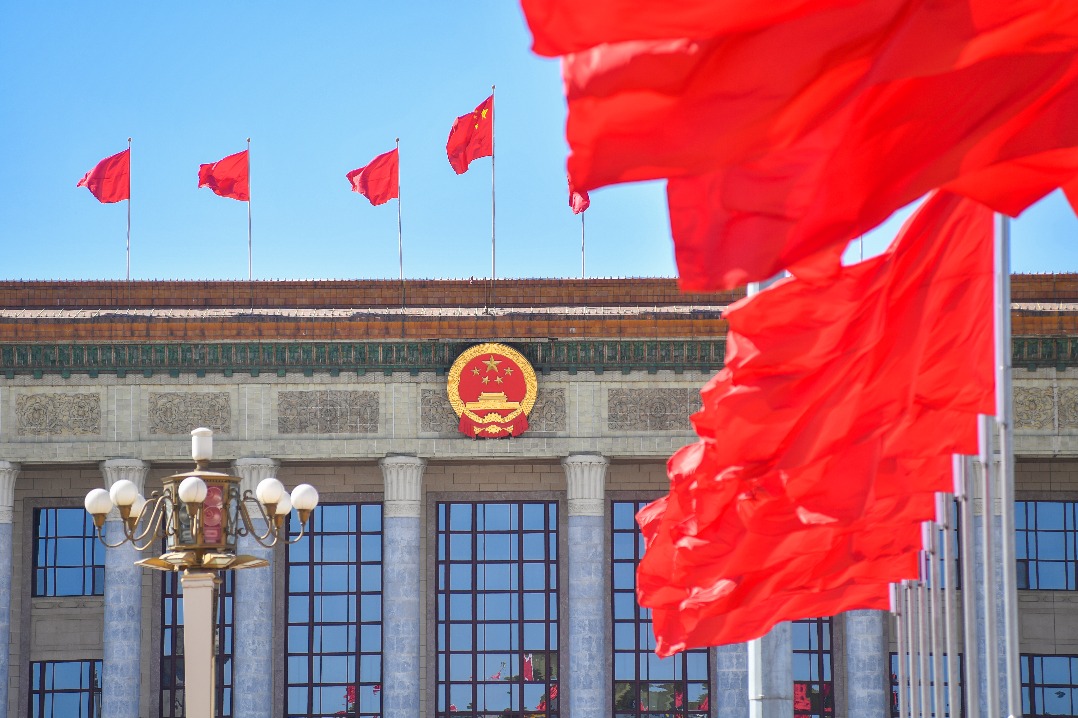Smell of good vibes
Besides delivering world-class brews, Hong Kong's specialty coffee shops also serve as platforms for storytelling, fostering inclusivity and forging connections. Faye Bradley reports.

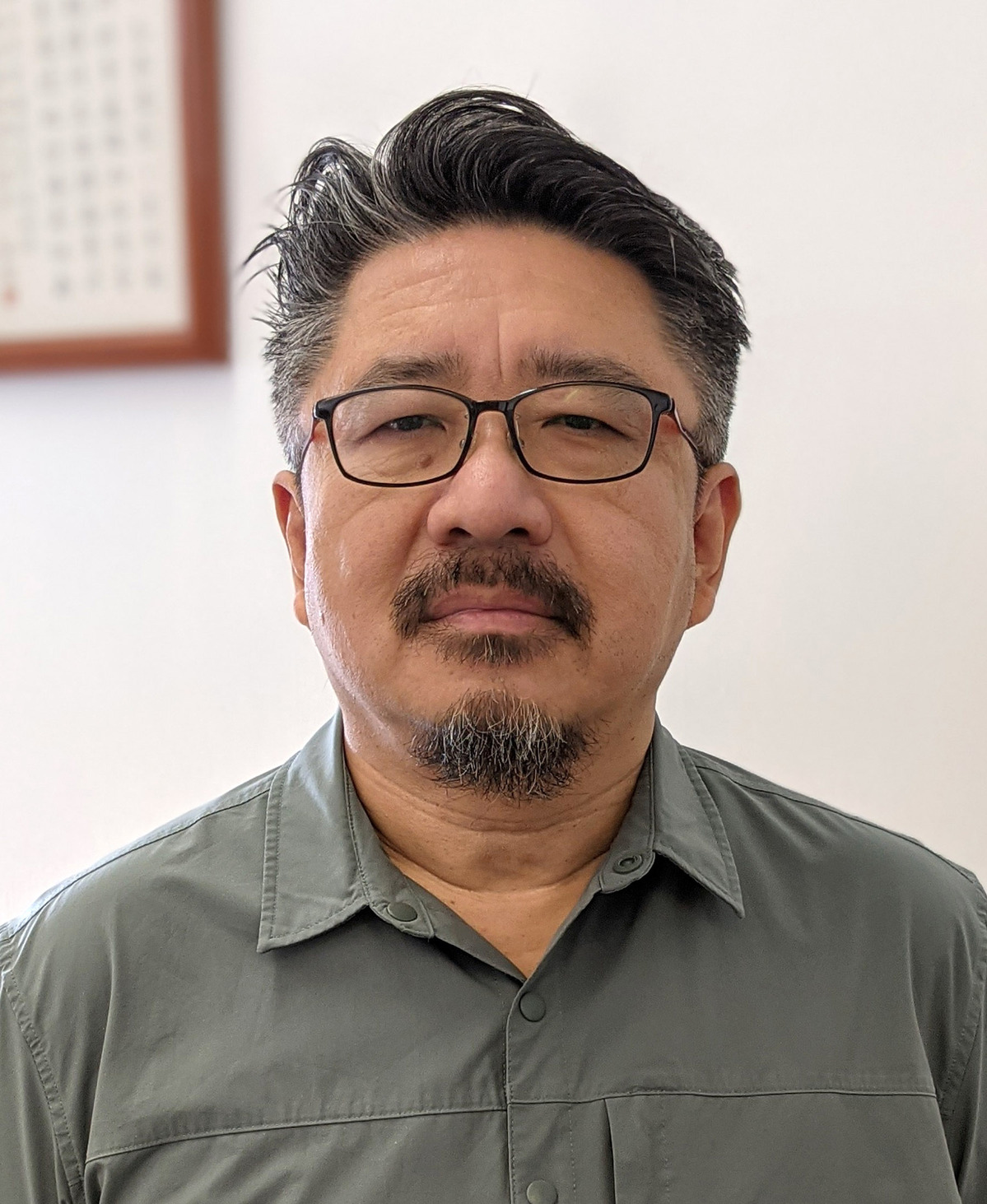
Open to experiments
Even as more people in Hong Kong warm up to its charms, specialty coffee remains a luxury for a large section of the city's population. A cup of single-origin pour-over can easily cost HK$80 ($10.19) and above. For the more than 250 independent coffee shops in Hong Kong catering to a relatively limited clientele, the pressure to create unique and newer experiences is quite real.
Scottie Callaghan, who cofounded the Hong Kong cafe chain Fineprint in 2016, has watched the growth of the sector up close. "Thirteen years ago, there were maybe three cafes doing what we now call specialty coffee," he says. "Now, there are hundreds. Some of the world's best baristas - like Kapo Chiu and Dawn Chan, who've ranked in the World Barista Championships - are here."
While it's a given that Hong Kong doesn't have the specialty coffee heritage to match that of Tokyo, Seoul or Taipei, some observers of the region's coffee scene argue that the relative lack of history could be an advantage.
Sidney Cheung, professor and associate director of the Centre for Archaeology and Cultural Heritage Studies at the Chinese University of Hong Kong, believes "Hong Kong's status as a coffee capital depends on its international image, which can be created and constructed for future development."
He provides an analogy to illustrate his point. "Traditionally, rugby wasn't a popular sport here in Hong Kong, and we didn't have a strong team. But being able to host and organize Rugby Sevens is what positioned Hong Kong on the global sporting map.
"In many countries, coffee is deeply rooted, and they have their own way of making it - from roast and unfiltered to espresso and boiled. Hong Kong, by contrast, doesn't grow coffee and hasn't clung to a single method. This flexibility is an asset," Cheung says. "The new generation of coffee drinkers enjoys light roasts and experimental brews. Hong Kong may not have coffee traditions of its own, but that means it can blend old and new more freely."
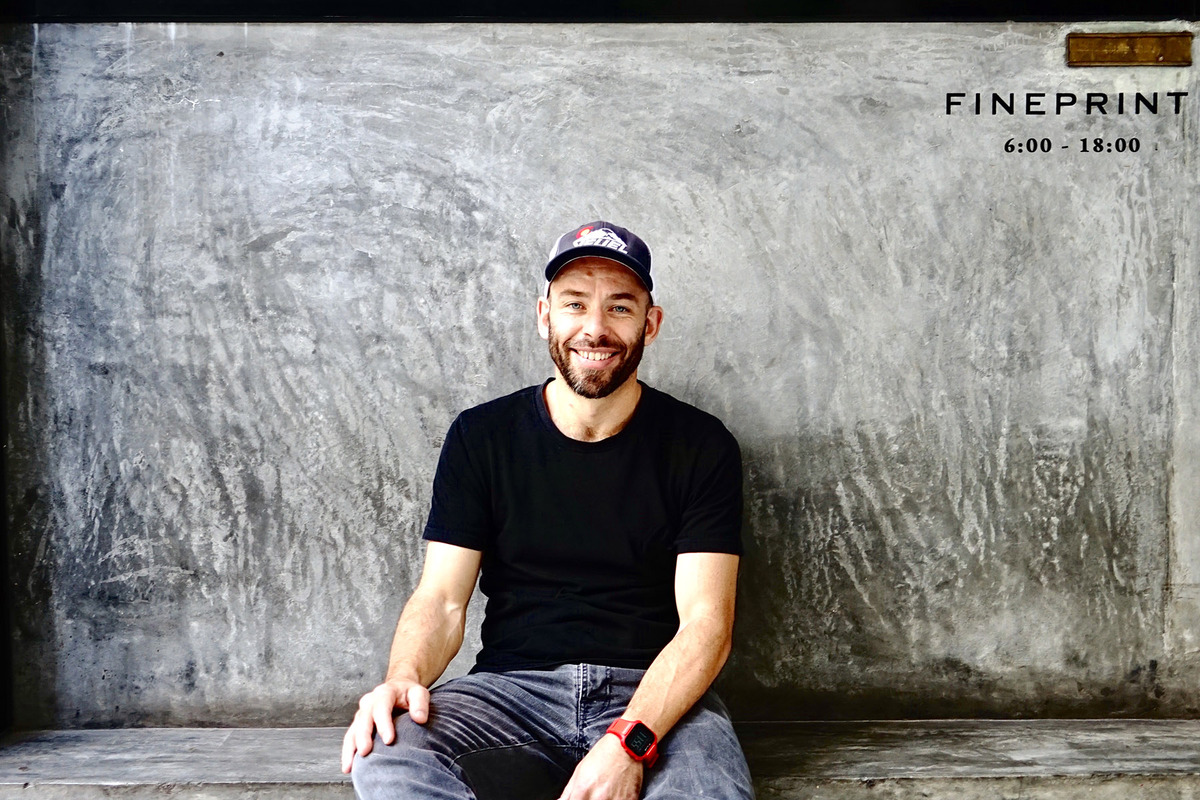
From the business angle though, it's an uphill struggle for most independent Hong Kong coffee shops. Besides rising rents, and roasting-related restrictions, they also have to deal with the disruption of supply chains caused by the recent geopolitical volatility. Also, the arrival of budget-friendly coffee chains - most notably Luckin Coffee, the largest chain on the Chinese mainland, which opened in five Hong Kong locations in December, and is offering new members their first cup of iced Americano for just HK$15.9 - means stiff competition for craft-driven independents.
And yet the aroma of possibility lingers, as Hong Kong's specialty coffee shops serve as platforms for storytelling, fostering inclusivity and forging connections.















